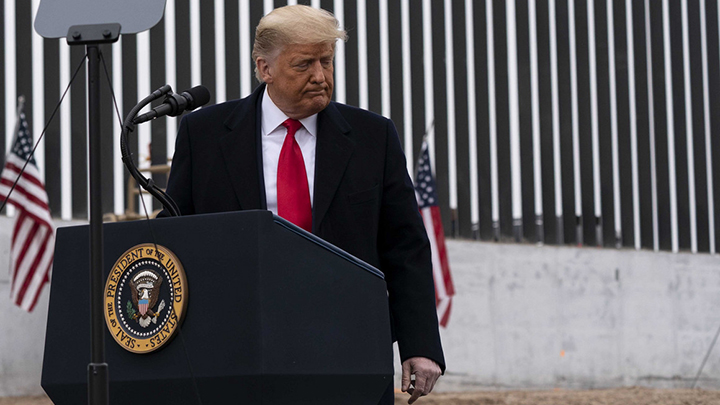President Donald Trump has reinstated a sweeping travel ban affecting nationals from 12 countries, including Afghanistan, Iran and Yemen, in a move that echoes one of the most controversial policies from his first term.
The White House said the directive, signed on Wednesday, will come into force on Monday.
It blocks entry into the United States for citizens of Afghanistan, Myanmar, Chad, the Republic of the Congo, Equatorial Guinea, Eritrea, Haiti, Iran, Libya, Somalia, Sudan and Yemen.
Trump, addressing the nation from the Oval Office in a pre-recorded message posted on X, attributed the decision to a recent violent incident.
"The recent terror attack in Boulder, Colorado, has underscored the extreme dangers posed to our country by the entry of foreign nationals who are not properly vetted," he said.
Read More
"We don't want them."
The Colorado incident, described as a makeshift flamethrower assault on a Jewish protest, was reportedly carried out by an individual living in the US unlawfully, according to American authorities.
Seven additional countries—Burundi, Cuba, Laos, Sierra Leone, Togo, Turkmenistan and Venezuela—face a partial travel ban under the same order.
Nationals from these countries will be restricted from entry, although certain categories of temporary work visas will still be permitted.
While the bans are comprehensive, they do make exceptions.
Notably, international athletes travelling to the US for the 2026 FIFA World Cup or the 2028 Los Angeles Olympics will not be affected, according to the executive order's text.









 shares a light moment with the company's Group CEO Dr Patrick Tumbo (right) at a past event-1758121528.jpeg)
-1758116028.jpeg)

